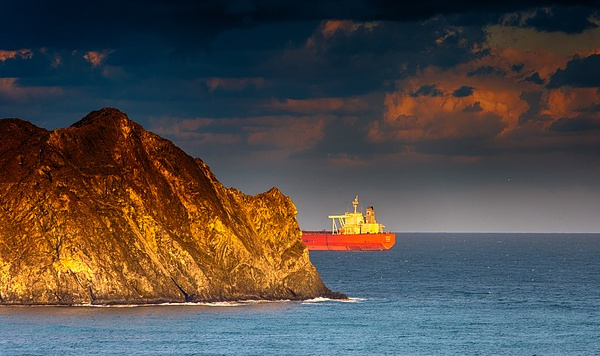
Major oil and gas exporters have weathered many upheavals in recent decades but a renewed commitment to reform and economic diversification will be vital to cope with the changing dynamics of global energy. These include rising production from new sources such as shale, uncertainties over the pace of oil demand growth and deployment of new energy technologies, according to a new report from the International Energy Agency.
The analysis, the Outlook for Producer Economies – a special report in the World Energy Outlook series – examined six resource-dependent economies that are pillars of global energy supply: Iraq, Nigeria, Russia, Saudi Arabia, United Arab Emirates and Venezuela. It assessed how they might fare to 2040 under a variety of price and policy scenarios.
The rollercoaster in oil prices over the last decade has brought into sharp relief the structural weaknesses in many of the major exporters. Since 2014, the net income available from oil and gas has fallen by between 40% (in the case of Iraq) and 70% (in the case of Venezuela), with wide-ranging consequences for economic performance.
The volatility of hydrocarbon revenues presents dilemmas for countries whose budgets depend on them, especially if their economies and finances are not resilient. The extent to which producer countries steer through essential economic transformation can have major implications for energy markets, global environmental goals, and energy security, according to the report.
The new report comes at a time of high oil prices, which are a double-edged sword. Higher revenues provide the means to reform, but they can also appear to reduce its urgency. However, as was seen in the past, higher energy prices encourage production elsewhere while accelerating structural changes in demand, which affect the producers’ long-term markets.
“More than at any other point in recent history, fundamental changes to the development model of resource-rich countries look unavoidable,†said Dr Fatih Birol, the IEA’s executive director. “Following through with the announced reform initiatives is essential, as failure to take adequate action would compound future risks for producer economies as well as for global markets.â€
The countries examined are very diverse, and the report considers a wide range of experiences and prospects. Many of them have pushed forward plans to boost investment and growth in the non-oil sectors of their economics. Venezuela, though, provides an example of how badly things can turn out when economic and energy headwinds gather strength.
Some of the world’s largest producers face strong pressures from rising numbers of young people entering the workforce. More than 50 percent of the population living across the Middle East is under the age of 30; the proportion is more than 70% in Nigeria. In many major producers, income from oil and gas will not be large enough to provide for these growing populations, even in scenarios where oil demand continues to grow to 2040 and prices remain relatively robust.
The energy sector has an important part to play in the reform agenda. This report focuses on six key responses: capturing more domestic value from hydrocarbons, for example via petrochemicals; using natural gas as a means to support diversified growth; harnessing the large but under-utilised potential for renewable energy, especially solar; phasing out subsidies that encourage wasteful consumption; ensuring sufficient investment in the upstream (the ability to maintain oil and gas revenues at reasonable levels is vital for economic stability); and playing a role in deploying new energy technologies, such as carbon capture, utilisation and storage.
“The reform process should be much wider than energy; but it relies on a well-functioning energy sector, said Dr Birol. “Successful reform programs can open a broader range of strategic options for producers, as well as new opportunities for engagement on a range of energy issues. There is a lot at stake.â€
Photos Courtesy Here


